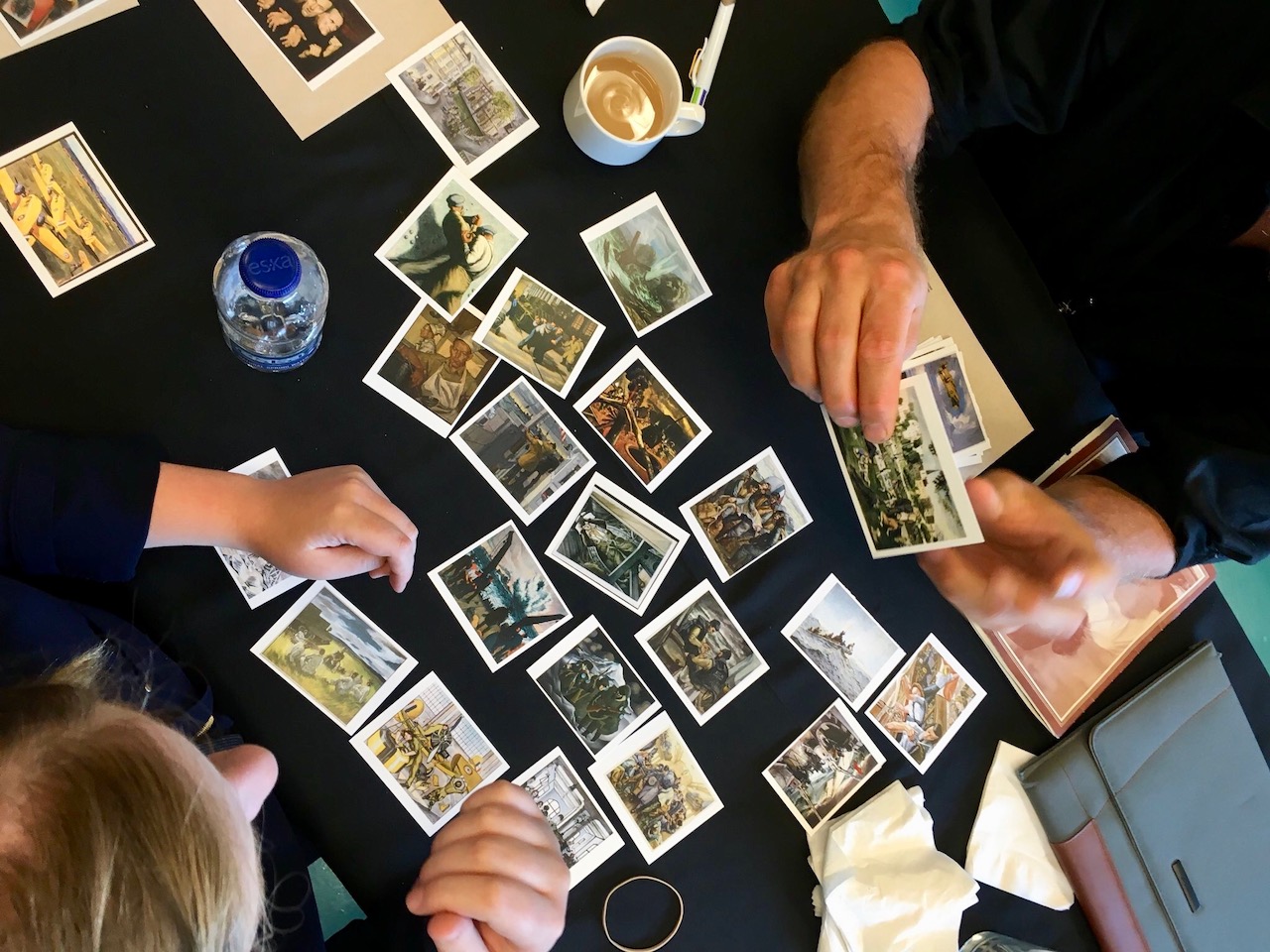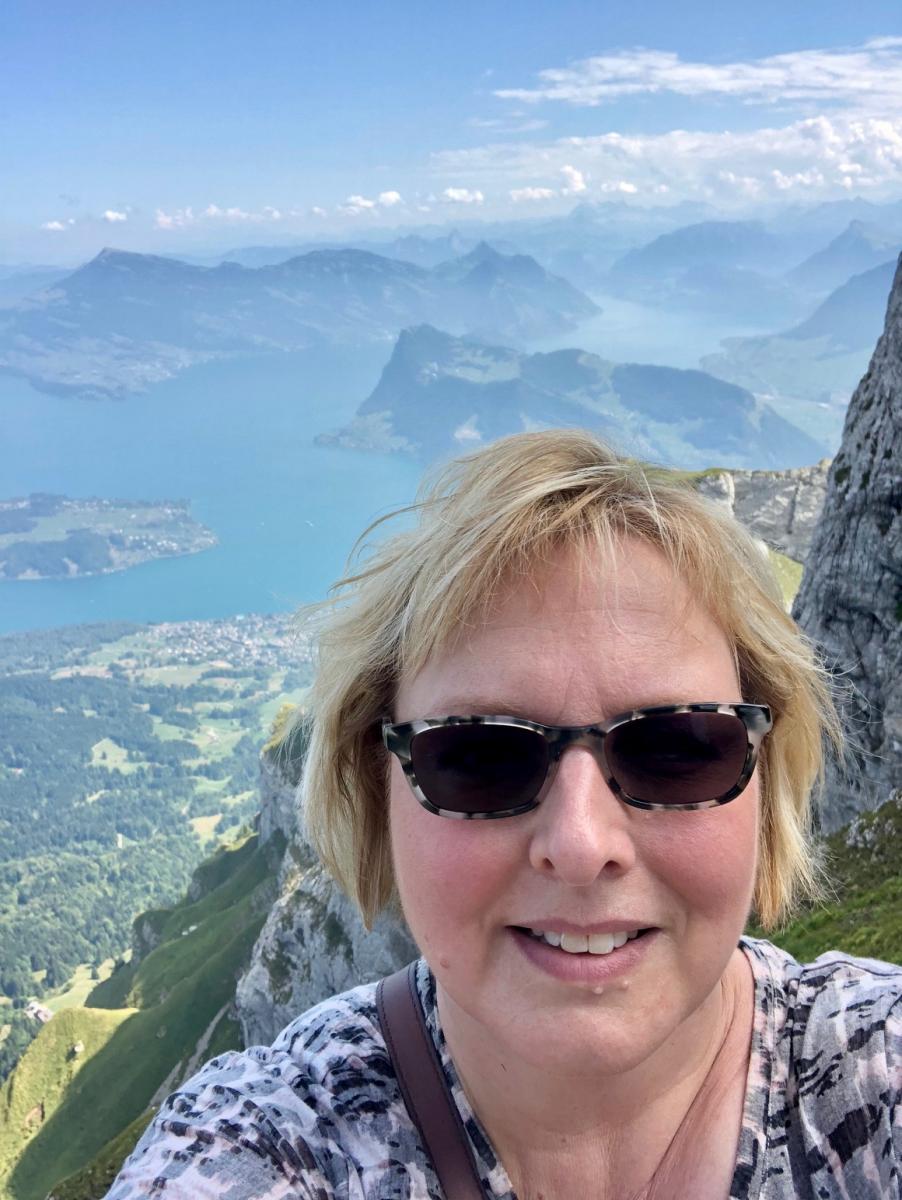How I spent my summer: Exploring history and citizenship education on two continents
26 September 2018

I have a hard time slowing things down in the summer months generally speaking (there are just so many interesting things to do!) but with three trips to Europe between May – August, co-leading a summer institute for teachers in July, and various research meetings, this summer was particularly eventful and, dare I say, fun.
My first two trips to Europe, which took me to Warsaw in May and Paris in June, were to deliver the opening keynotes for two conferences. In Warsaw, I was speaking at a joint conference hosted by the Children’s Identity & Citizenship in Europe Association and CitizED, two organizations that bring together researchers, primarily from Europe, to discuss issues of identity and citizenship education. In this keynote, Why “more” history doesn’t necessarily lead to “better” citizens, I explored flaws in the oft-touted rationale for history education: that if only our youth knew “more” about our nation’s past, they would be the “good” citizens we need them to be. On top of contentious explanations of what “more history” and “good citizen” mean, there is little evidence that shows a direct correlation between amassing great stores of historical knowledge and future citizenship attributes and actions.

In Paris, the International Research Association for History and Social Sciences Education hosted a bilingual conference at the Université de Paris Diderot. Here, I continued to explore the topic I first raised in Warsaw, this time proposing a way forward for the field with my keynote topic: A call for a research program: Does history education have an effect on citizenship practices? In both Warsaw and Paris, I reconnected with good friends and colleagues, met new ones, and took some time to explore each city.
In July, my colleagues Dr. Lindsay Gibson (UAlberta), Dr. Cate Duquette (UQAC), Laurie Pageau (UQAC), and I co-led the 2018 Historical Thinking Summer Institute at the Canadian Museum of History in Gatineau, Québec. With approximately 60 participants that included history and social studies teachers, archivists, museum professionals, and graduate students, the week in Ottawa was full of rich conversations, in French and in English, about how to teach and assess historical thinking in various contexts.
Also in July, I (along with Lindsay) attended the annual meeting of the Digital Oral Histories for Reconciliation research team. This project will use oral histories, mediated through virtual reality, as a vehicle for promoting empathetic understanding of survivors’ experiences of the now closed Nova Scotia Home for Colored Children (NSHCC). During our two-day meeting we worked with survivors of the NSHCC to plan the research we’ll conduct in two high schools in Nova Scotia and to critique and strengthen the learning materials that will be used with students. We also visited the site of the now-closed NSHCC.
And last but not least, in August I participated in a research meeting at PH Luzern, a teacher education university in Lucerne, Switzerland. The meeting included researchers from Belgium, Canada, Germany, Japan, Israel, and Switzerland and focused on planning a research project on "Subject-specific beliefs of history teachers in international contexts.” And, as this was my first trip to Switzerland, I also spent some time exploring Lucerne, making my way via cable car and gondola up to the top of Mt. Pilatus, and buying Swatch watches and chocolate in Zurich!
I did manage to have a week or so in Edmonton before classes started up again this fall…. I wonder what next summer will bring?